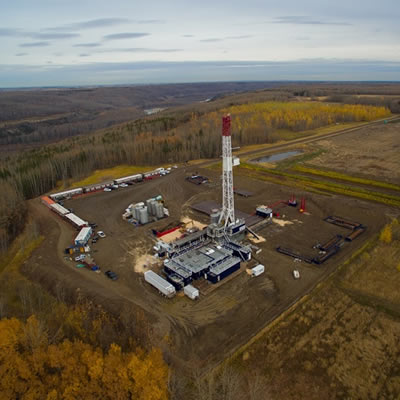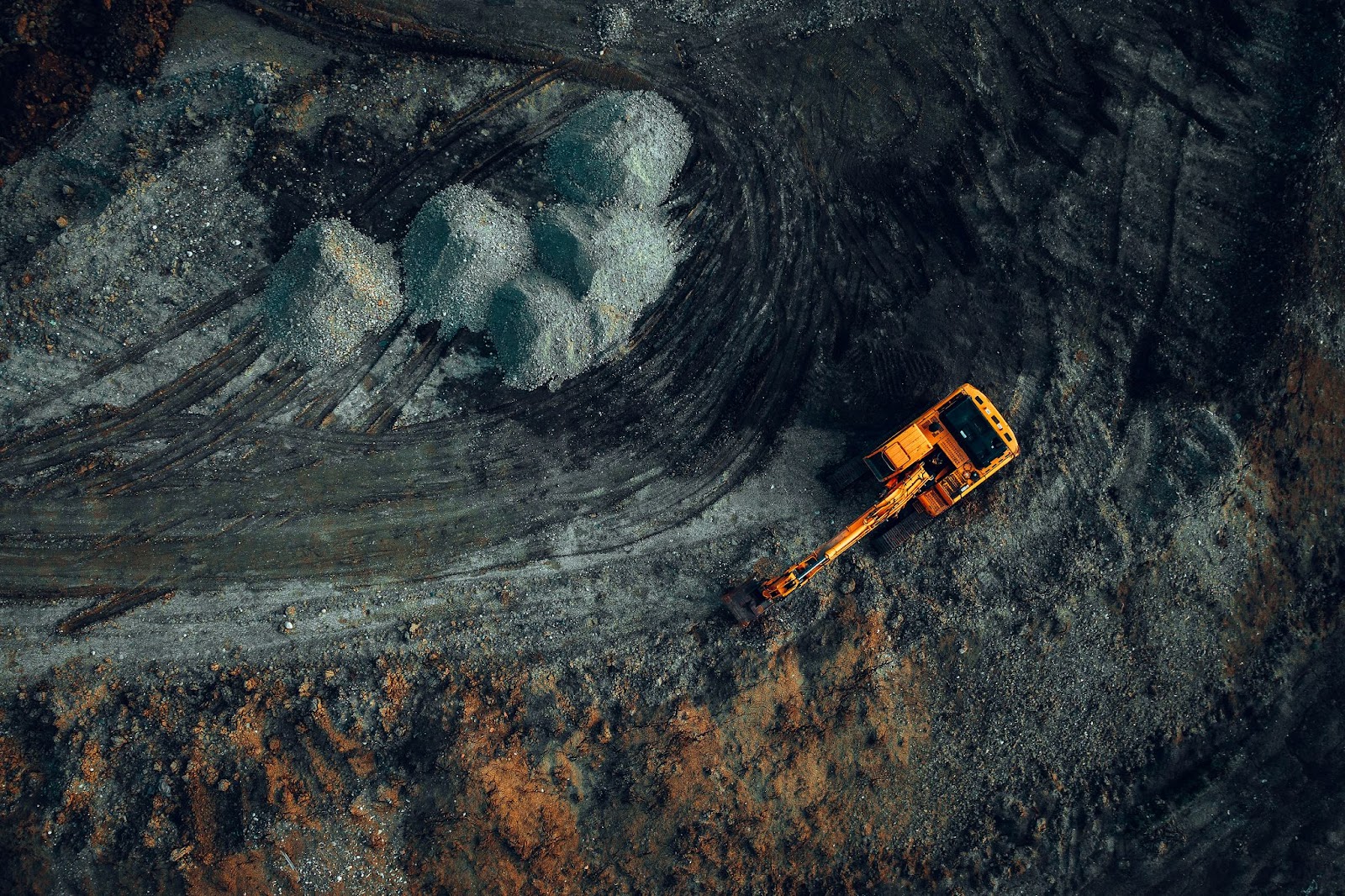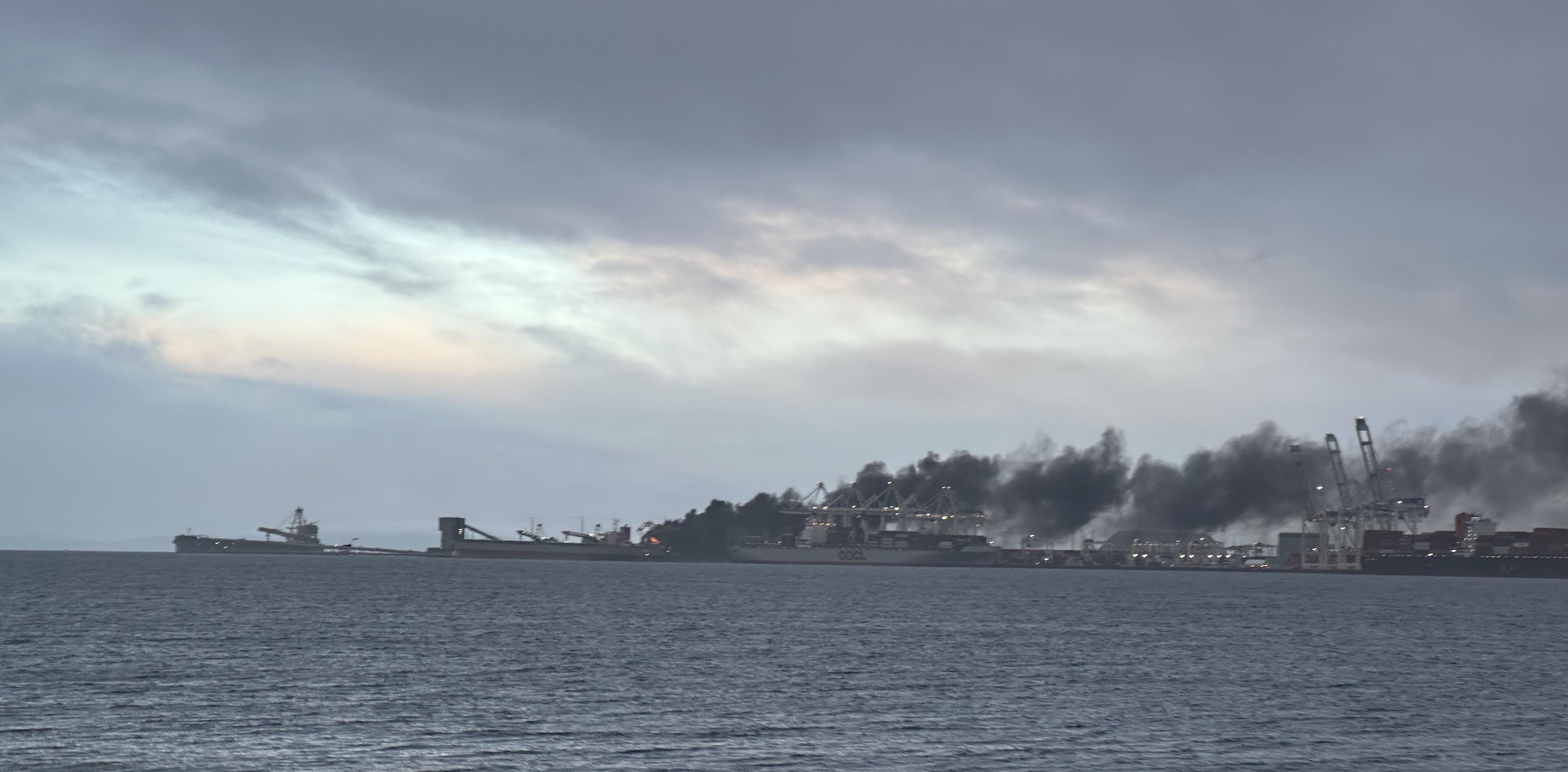Wastewater treatment in remote geography and extreme environments ––Filterboxx meets this challenge

Filterboxx Drill Camp Combo, set up at a Blackbird Energy site. — Photo courtesy Filterboxx Ryan Workman with Filterboxx Water and Environmental Co
Filterboxx Drill Camp Combo, set up at a Blackbird Energy site. — Photo courtesy Filterboxx
Ryan Workman with Filterboxx Water and Environmental Corporation has dedicated his life’s work to dealing with the results of flushed toilets. Workman’s job is to organize people and equipment to provide fresh potable water for drinking and domestic wastewater treatment services to clients in remote locations in Canada and the U.S.
Workman is a graduate of environmental science with a focus on water and wastewater treatment. In college he selected environmental studies courses; later his professor pointed him towards water and wastewater treatment as a career.
“Wastewater treatment seemed like a good cause, and it’s only getting more important,” he said.
Workman started in the business as a wastewater technician with oil and gas and municipal water treatment facilities. As his career progressed, he became involved in commissioning new projects. He joined Combo Energy as a young grad and quickly progressed to commissioning water and wastewater systems. Combo Energy became Filterboxx, and for the last nine years Workman has led the team in his role of plant operations manager.
Workman explained the water treatment process mimics the environment’s natural sequence of purification. The Filterboxx process accelerates the treatment of domestic wastewater at site to transform influent requiring treatment to effluent safe to discharge into the ground or for water reuse.
“Filterboxx has the role of educator, bringing best practices to the market,” Workman said. "Water is expensive. Why not use effluent for dust control or process water?” The discharged water can also be used for irrigation.
Remote sites are required to meet all the same regulations as municipal water treatment facilities and often the requirements are more stringent at site. Each water treatment permit states the requirements for safe site drinking water based on Canadian drinking water guidelines and provides the parameters wastewater effluent must meet before being discharged to ground.
Filterboxx offers wastewater management and turnkey solutions for water and wastewater treatment. Its systems are modular-built to facilitate transport to remote sites in difficult-to-access geographies and are set up to operate in challenging environments.
The rental combo units include a generator power source, water treatment system and fresh water supply all in one unit, perfect for supporting accommodations for drill service and completion crews.
“Most of our rental plants are suitable for camps that house between 100 and 300 persons, are mobile, seasonal and easily relocated,” Workman said. “Our operations team also manages systems serving upwards of 3,000 in population.”
Filterboxx provides on-site setup and teams of certified operators work 24 hours a day, 365 days a year to provide management, oversight and maintenance. It is Workman’s responsibility to oversee maintenance of equipment and the processes to deliver a narrowly defined outcome to meet specifications for effluent. Ensuring compliance with regulator-set operating parameters is a big part of what team members do.
Operating remotely makes everything tougher to manage. Workman plans ahead to offset this risk, ensuring the right tradespeople are in the right place at the right time. Maintaining an appropriate stock of parts and consumables on hand gives the on-site team what they need to tackle challenges as they arise.
“Everything becomes much more difficult when you are a day’s drive away from supplies,” said Workman. “Access to off-site management, effective safety support and developing strong working relationships with clients are part of what makes for successful water treatment.”
If it goes down the drain, it affects wastewater treatment
- No foreign objects
- Do flush only the toilet paper provided in the bathrooms
- No paper towel, no feminine products
- Large items can obstruct the wastewater system and potentially cause plugging, upsets or spills.
- Use only site-approved cleaning chemicals and detergents in the correct dilution.
- Use one scoop of detergent per laundry load. Do not use any chemicals or detergents other than what is provided in camp.
- Do not use excessive amounts of chemicals or detergents.
- Do not dispose of unused or excessive chemicals by pouring them down the drain; always speak with camp management and dispose of them in an approved manner.
- Excessive amounts of fresh water can upset the wastewater process on site as well. Report any leaking fixtures, faucets, running toilets or running urinals to camp management and maintenance immediately.
- Any activities in camp that produce wastewater, such as stripping floors, are to be discussed with camp management and a procedure developed to ensure best practices are followed, eliminating the possibility of negatively affecting the wastewater treatment process on site.
Camp kitchen rules
- No grease or oil down the drain.
- Ensure grease traps are maintained regularly.
- Prevent grease bypass to wastewater system.
- Use only the amount of water required.
Do not dispose of expired or unused liquids down the drains
- Expired milk
- Canned liquids
- Chemicals
Conserve water
- Use only the amount of water needed when showering or washing and cleaning.
- Do not leave taps and faucets running unnecessarily.
- Be sure to run full loads of laundry through the washing machines and avoid running only part loads.
- Report leaks: One running toilet can waste 17,000 liters per day!
For more information on the details of wastewater treatment process, the City of Guelph published an informative summary of the wastewater process.
If it goes down the drain, it affects wastewater treatment
- No foreign objects
- Do flush only the toilet paper provided in the bathrooms
- No paper towel, no feminine products
- Large items can obstruct the wastewater system and potentially cause plugging, upsets or spills.
- Use only site-approved cleaning chemicals and detergents in the correct dilution.
- Use one scoop of detergent per laundry load. Do not use any chemicals or detergents other than what is provided in camp.
- Do not use excessive amounts of chemicals or detergents.
- Do not dispose of unused or excessive chemicals by pouring them down the drain; always speak with camp management and dispose of them in an approved manner.
- Excessive amounts of fresh water can upset the wastewater process on site as well. Report any leaking fixtures, faucets, running toilets or running urinals to camp management and maintenance immediately.
- Any activities in camp that produce wastewater, such as stripping floors, are to be discussed with camp management and a procedure developed to ensure best practices are followed, eliminating the possibility of negatively affecting the wastewater treatment process on site.
Camp kitchen rules
- No grease or oil down the drain.
- Ensure grease traps are maintained regularly.
- Prevent grease bypass to wastewater system.
- Use only the amount of water required.
Do not dispose of expired or unused liquids down the drains
- Expired milk
- Canned liquids
- Chemicals
Conserve water
- Use only the amount of water needed when showering or washing and cleaning.
- Do not leave taps and faucets running unnecessarily.
- Be sure to run full loads of laundry through the washing machines and avoid running only part loads.
- Report leaks: One running toilet can waste 17,000 liters per day!
For more information on the details of wastewater treatment process, the City of Guelph published an informative summary of the wastewater process.



